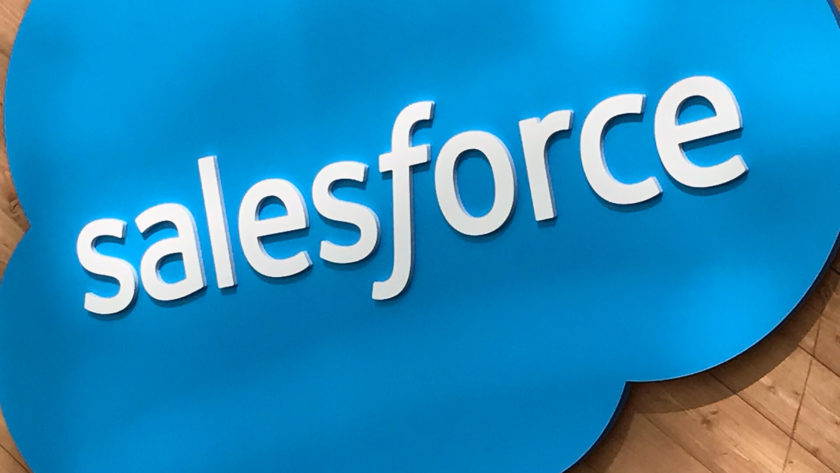HITS

Salesforce CTO: MuleSoft to Remain ‘Independent Entity’ After Acquisition
Story Highlights
Salesforce sees it as “important” to keep MuleSoft — its most recently announced acquisition — as an “independent entity” that handles integration “for things that even Salesforce doesn’t own,” according to Parker Harris, Salesforce CTO and co-founder.
“We want to make sure that it’s an integration play that customers can use and we’re not going to make it proprietary and only walk customers into our cloud,” he told a Deutsche Bank-hosted investor meeting in San Francisco April 16. “We want it to be more of a Switzerland,” he said, adding: “The transaction hasn’t officially closed yet.”
Salesforce said in March that it entered into a definitive agreement under which it would acquire MuleSoft for an enterprise value of about $6.5 billion. MuleSoft provides one of the world’s leading platforms for building application networks that connect enterprise apps, data and devices, across any cloud and on-premise.
More than 1,200 customers, including Coca-Cola, Barclays, Unilever and Mount Sinai, rely on MuleSoft to change and innovate faster, deliver differentiated customer experiences, and increase operational efficiency, Salesforce said at the time. “Every digital transformation starts and ends with the customer,” Salesforce CEO and chairman Marc Benioff commented in the announcement.
“Together, Salesforce and MuleSoft will enable customers to connect all of the information throughout their enterprise across all public and private clouds and data sources—radically enhancing innovation,” he said.
Salesforce had been talking about and “looking at the integration space for a really long time,” Harris said April 16. “The word integration started coming up within our planning process – a lot of it driven by what I’ve been focused on, which is primarily…. how do we make the Service Cloud work with Commerce Cloud and Marketing Cloud in a better way?” he said.
A growing number of Salesforce customers have also been asking Salesforce “to help them solve the integration problem,” he said. The company, meanwhile, has “a big interest bringing more and more data into our cloud – into our Analytics Cloud” and into its Einstein artificial intelligence (AI) platform “for more machine learning,” he pointed out. MuleSoft offered a “more modern view of that world; it was more of” an application programming interface (API) view, he said.
But he conceded: “In terms of valuation, it would have been a lot cheaper a year ago” to buy MuleSoft. It was still “the right asset” among the many “assets out there” and also “the right time for us to go ahead and do it,” he said.
Meanwhile, Salesforce is “just getting going on” Salesforce Essentials, its recently-announced, simple-to-use, intelligent apps for small business teams that were built on its customer relationship management platform, he told investors.
It’s also “still early on AI,” he said, when asked about Einstein. “It has been successful. We’ve got customers using it in sales,” as well as in service and marketing for automated targeting, he said. “The customer base – what we’re focused on — is driving adoption because AI is sexy” and is “definitely in every conversation,” he said. But he added: “Each customer is somewhat struggling right now to figure out how” they can start using AI.
There’s also “a trust issue” to some degree because everybody doesn’t immediately trust a computer, he said. Moving customers into using Einstein is “something we’re focused on,” he told investors.









